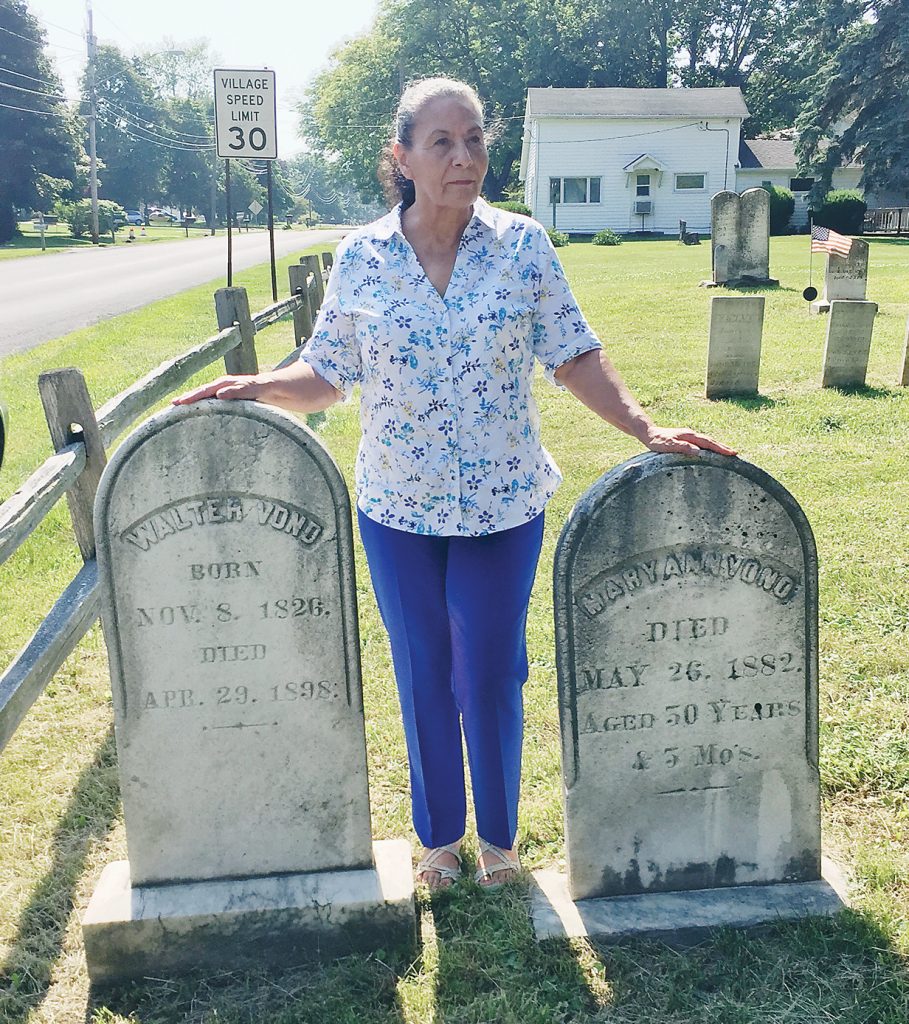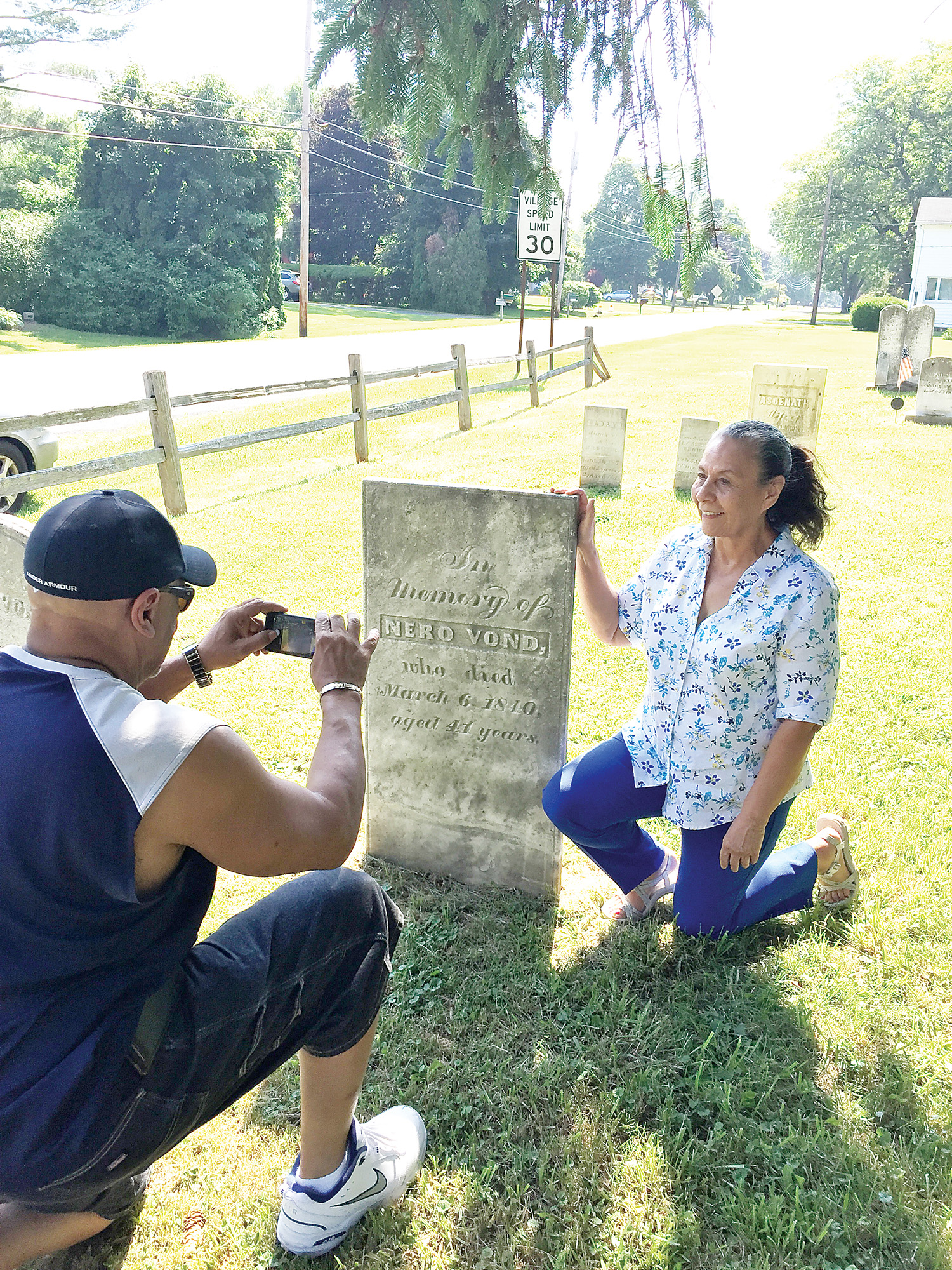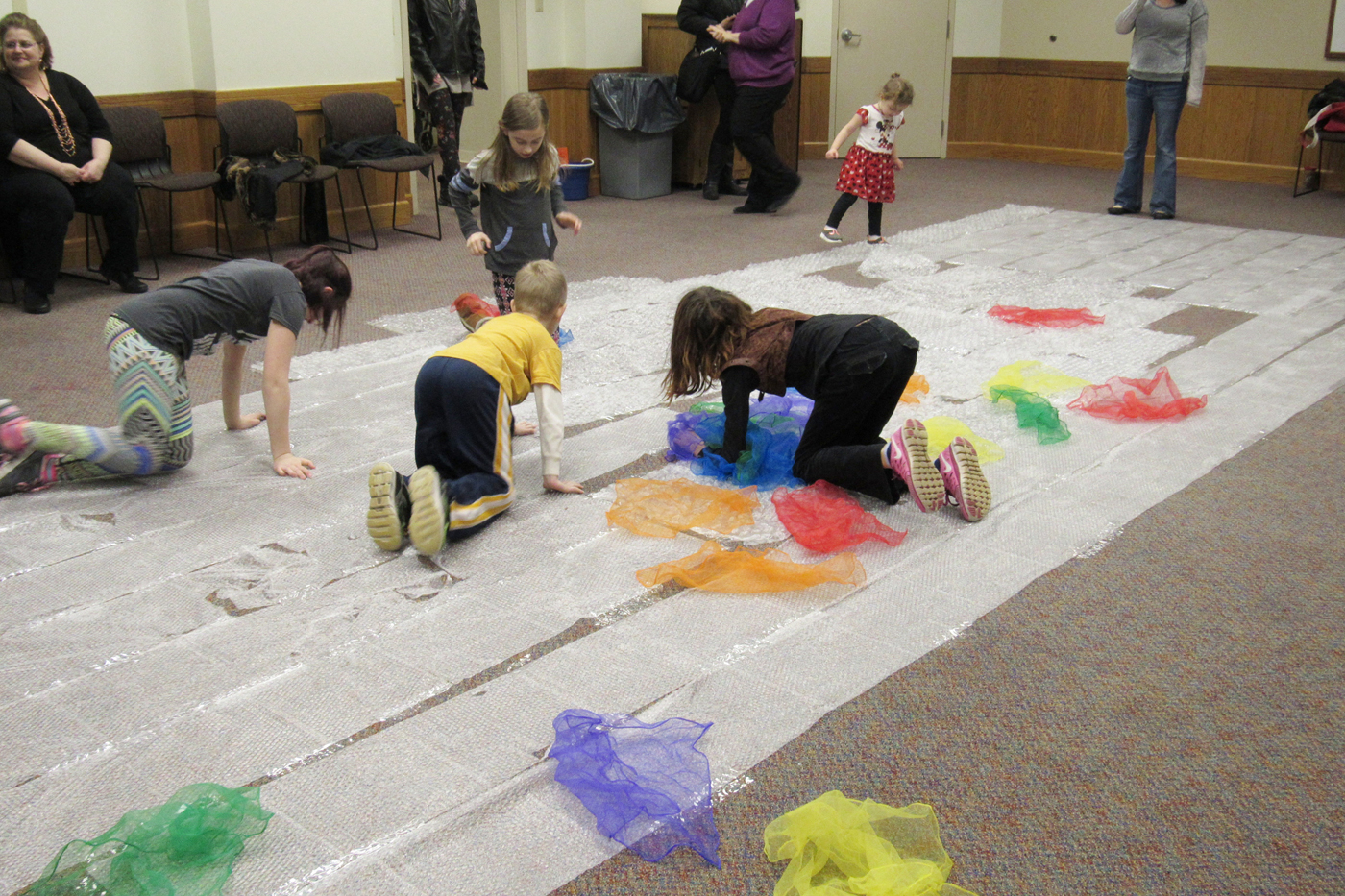Descendants of Nero Vond visit Hilton
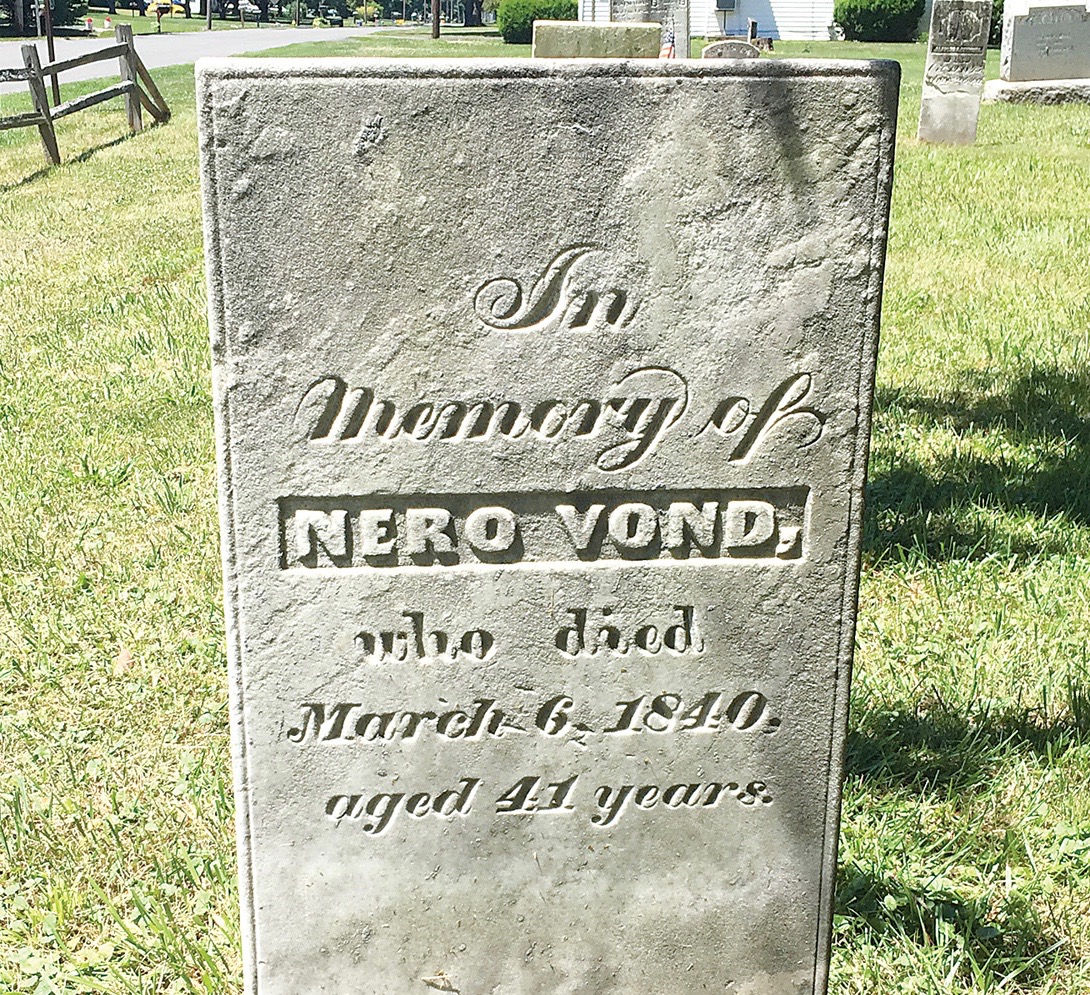
by David Crumb,
Parma Hilton Historian
On Saturday, June 30, Lonie Wilson and William Jones, descendants of Nero and Mary Vond, arrived from Houston, Texas to visit the village of Hilton and the grave site of their ancestors.
It was the first time of record that members of the Vond family had been in town since 1898 when Walter Vond had passed away. Lonie is the great, great, great granddaughter of Nero Vond, a freed African American slave, who moved to Parma, New York in the late 1830s from Vermont. She is researching and writing the story of the Vond family, and was very moved to be able to find the graves of four of her ancestors in the Dunbar Road Cemetery.
Not much is known about Nero Vond or his background other than that he was a freed slave who came from Vermont with his wife, Mary, and six children to Parma around 1837. They first settled around Braddock’s Bay, but soon moved to a tenant house owned by William Berridge on North Avenue just south of Curtis Road on the west side. The home was later owned by Edward Mizma and family until it burned in the 1960s.
Nero Vond, who was born in 1799, died in 1840 and left his wife with six children to raise by herself. Mary Vond, affectionately called “Aunty Vond” back in the day, was a strong woman of faith and raised her family into good solid citizens who were all well respected members of the Parma community.
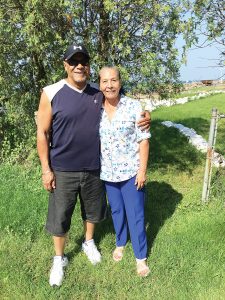
Sons William and John moved to Michigan in the 1850s. William served in the Civil War. Son Ansel lived in Parma until 1855 when he moved to Illinois and married the daughter of “Freed Frank,” the founder of New Philadelphia, Illinois. Ansel is Lonie Wilson’s great great grandfather. Ansel became well known as a man who had expertise in selecting land in the new territories that would be agriculturally productive. In his early twenties Ansel worked as a farm laborer for Parma’s Chauncy Curtis of Curtis Road. It was from Curtis that Ansel received his early training in farming.
John Vond, known as “Jack,” was a noted wrestler and on a visit home to Parma from Michigan had a match arranged with a soldier who had just returned home to Sandy Creek from the Civil War. A platform 16 feet square was built on the Unionville village green (now Hilton and the site of the Arlington Restaurant). A purse of $40 was raised for the winner two falls out of three. Ira Cross, then a witness, saw Jack lay his opponent on his back twice in a short time. A purse of $5 was raised for the loser.
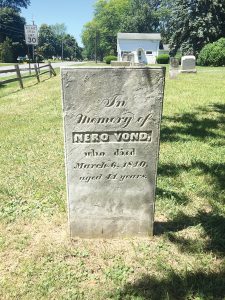
Two other sons, Walter and Elijah, were both fishermen on Lake Ontario. Walter and Elijah owned the lake frontage now known as East Hilton Beach. In the 1850s that land was only a sand dune with a few willow trees and a marshy area south of the dunes. Walter had a boat house on the corner of Lake Ontario and the end of North Avenue (Route 259). His boat house was a well documented stop on the Underground Railroad. Walter’s boathouse was the last stop on the Underground Railroad in Parma where he would conceal escaping slaves from the south and under moonlight row them to awaiting Canadian ships that would sail them to freedom in St. Catherines, Ontario. Both he and Elijah were fishermen who would set their nets about three miles out in the lake and catch white fish that they would take to Charlotte Harbor and sell to Rochester restaurants.
Elijah, the youngest son of the Vonds, according to Ira Cross in his memoirs, was one of the best educated young men of the district schools. He studied grammar, higher arithmetic and algebra in the winters. He later married and moved to Michigan. The only daughter was Mary who stayed home in Parma to assist her mother until her death in 1879.
Walter also remained in Parma his entire life and was the last surviving member of the Vond family. He died in April 1898 at the age of 72. His nephew, Orion Vond, came from Michigan to assist him through his last illness. Orion was the son of William Vond. Neighbor Ira Cross was
Walter’s executor. Walter left his estate to Orion and his sister Alice Vond.
Lonie is working on a history of this interesting family who had much to do with emancipation of African Americans during the turbulent times of the 1850s and 1860s. Parma is the Vond family’s first home of record, and “being able to see the graves of Nero, Mary, sister Mary and Walter along with the location of their home and Walter’s boathouse was an emotional experience,” Lonie said.
Should anyone have further information on the historic Vond family please contact the Parma Hilton Historian at historian@hiltonny.org.
